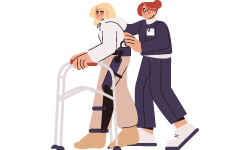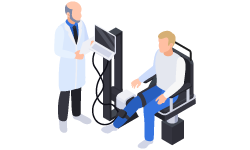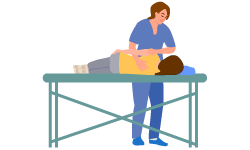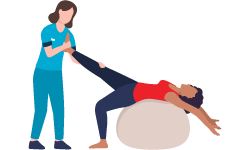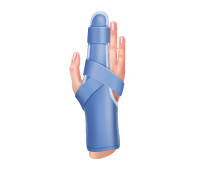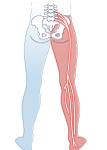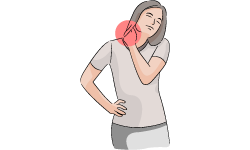Frozen shoulder, commonly known as adhesive capsulitis, is a shoulder ailment characterised by discomfort and stiffness. It usually develops slowly and limits shoulder motion. Physiotherapy helps treat and recover from frozen shoulder by relieving discomfort, improving mobility, and restoring function. The basics of frozen shoulder and how physiotherapy can help:
Symptoms of Frozen Shoulder:
- Pain: Persistent pain, particularly during movement and during night.
- Stiffness: Gradual shoulder mobility loss makes daily tasks difficult.
- Limited Range of Motion: Difficulty elevating arm, reaching overhead, or behind back.
- Painful Sleep: Nighttime pain may impair sleep.
Frozen Shoulder Physiotherapy:
- Physiotherapy gradually improves shoulder mobility, discomfort, and function. How physiotherapy can help:
- Physiotherapy therapies are most successful when initiated early in the course of frozen shoulder. Your physiotherapist will evaluate your symptoms and restrictions to create a therapy plan.
- Joint mobilisations, soft tissue manipulation, and heat/cold therapy can reduce pain and suffering.
- Gentle Stretching activities: Your physiotherapist will lead you through activities to enhance shoulder range of motion.
- Four Range of Motion Exercises: Exercises that promote shoulder flexibility and avoid stiffness are passive and active.
- Pendulum and wand exercises are popular for mobility.
- As pain and stiffness improve, your physiotherapist will introduce strengthening exercises to rebuild muscle strength around the shoulder joint.












 1st Feb 2024
1st Feb 2024
 23rd Jul 2023
23rd Jul 2023
 23rd Jul 2023
23rd Jul 2023
 18th Jul 2023
18th Jul 2023
 16th Jul 2023
16th Jul 2023
 16th Jul 2023
16th Jul 2023
